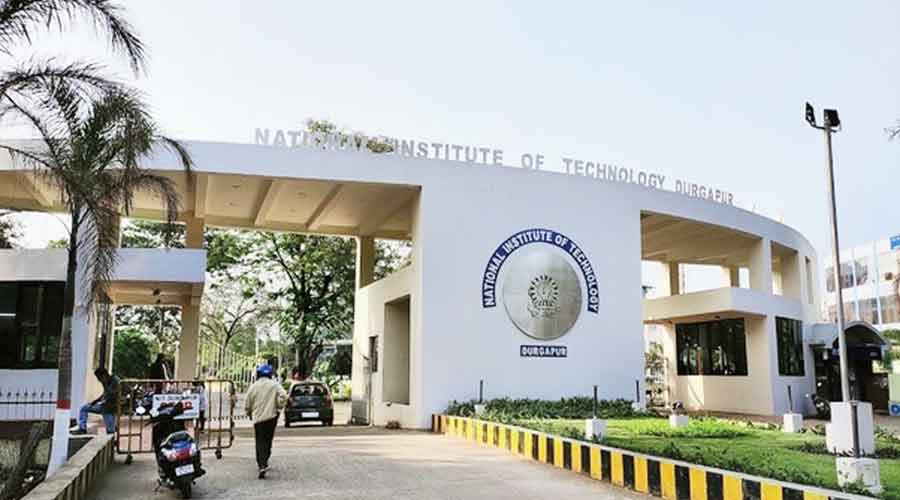BTech students of NIT Durgapur will have to compulsorily study the Indian Constitution because the tech school thinks an engineering student must have an idea about the ethos of plurality and diversity that India stands for.
The course comprising constitutional values, the preamble and other salient features of the Constitution should turn a student into a conscious and responsible citizen, said NIT director Anupam Basu.
The NIT senate has approved the course that will be taught first to students who have enrolled this year.
‘The Constitution of India and Civic Norms’ will be a part of the programme’s second-semester curriculum.
Nirmal Baran Hui, the dean of academics, said they wanted to bring an end to the straitjacket notion that a BTech student was required to remain immersed in engineering education only.
“A BTech student must have knowledge about the ethos of plurality and diversity that characterises our nation. So, while pursuing a professional course, he or she must have as much knowledge about the Constitution.
In an institute like ours, where we get students from diverse corners, it is imperative that we impart lessons on the principles of diversity among them,” he said.
At NIT Durgapur, 50 per cent of the seats are reserved for students coming from outside Bengal after qualifying in the JEE-main exam.
Maidul Islam, an assistant professor of political science at the Centre for Studies in Social Sciences, Calcutta, has been approached to teach the course as a visiting faculty.
Maidul said “(in today’s context), where there are surreptitious efforts to thwart the right to free speech, privacy in the name of security, it is all the more important for students, irrespective of discipline, to be informed about what are the fundamental rights guaranteed by the Constitution”.
He added: “Unless we know what our rights are, we cannot fight to protect our rights.”
The total credit for the course is one and the students are required to attend one lecture per week in the semester.
NIT director Basu spoke of “scant regard for the Constitution in a large section of the society” and the absence of an effort to sensitise students about the Constitution.
“Information Technology and Artificial Intelligence are affecting all aspects of our lives. Cyber crime, cyber bullying, cyber stalking are becoming common. Consciously or unconsciously, students are falling prey to this. We must study the Constitution to know what is my right and what is not… where I should draw the line,” he said.
The institute has included civic norms in the course. It deals with constraints and incentives for engaging in civic and political life, based on what is expected or accepted behaviour among peers and within institutions and workplaces.
“Otherwise, an individual won’t know how to treat his or her subordinates and peers,” the director said.
